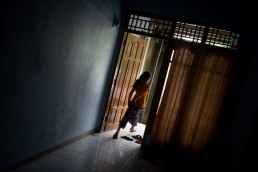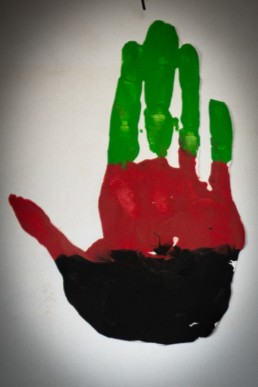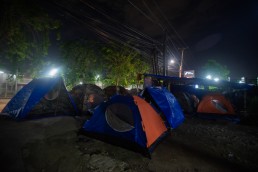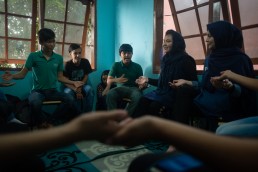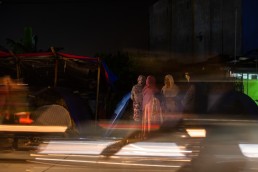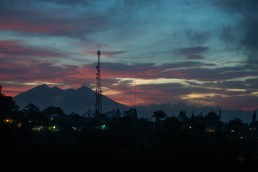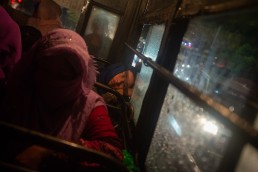Finding Home
FINDING HOME
Putra Muhamad Akbar (Republika, Jakarta)
“There are no guarantee that a Hazara can come back safely after leaving their house,” said Ali Ahmadi. That sentence is a small illustration of the sufferings endured by the Hazara ethnic group. Civil war conflicts and threats of persecution from the Taliban continue to haunt them every day. Some Hazaras eventually choose to leave Afghanistan to save their lives.
A long journey must be made to find a new country they will call “home.” However, not everything goes as smoothly as they hope. Before heading off to the countries they want, such as Canada, New Zealand, and Australia, they must make a stopover in Indonesia with a refugee status.
According to UNHCR, up to December 2017 there were 13,840 refugees in Indonesia, with 55% of them from Afghanistan. The majority of Hazara refugees choose to reside in Cisarua, Bogor, West Java. “Around Cisarua and Puncak, there are around 2,000 Hazara refugees living in rental houses,” says Ashraf Jawady, one of the Hazara refugees, who has been living in Indonesia for three years.
Living as a refugee in Indonesia is not easy. They cannot work and can only hope for funding from their families and relatives that are still living in Afghanistan or other third countries. It takes years to find new countries that accept UNHCR refugees from countries of conflict. The Hazara refugees who do not have money to live in Cisarua or Puncak have to live on the roadside while waiting for their day of departure to come.
“We’re forced to live on the roadside. We don’t have any more money and we can’t work while in Indonesia, but we don’t want to be returned to Afghanistan. That will be a suicide,” Ali Ahmadi explains. Every day, the Hazara refugees rely on their neighbors for food and build tents on the pavement to sleep in on Peta Selatan street, Kalideres, Jakarta. They are trying to survive by the roadside while watching the traffic go by all morning and night, hoping for a third country to accept them.
Hazara is one of the ethnic groups being discriminated against in Afghanistan, because their race, ethnicity, and religion are different from the other major ethnic groups. Diversity became a threat for the Hazaras and has forced them to leave their birthland and loved ones behind to live peacefully in some undetermined third country.


